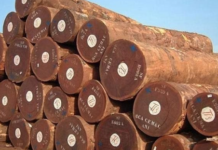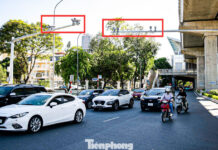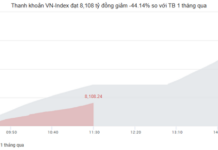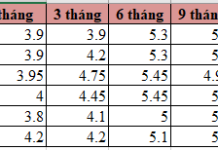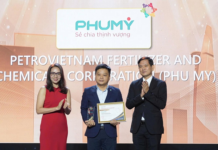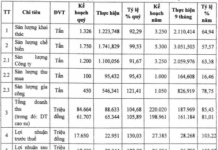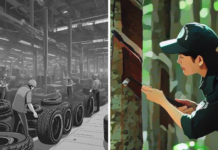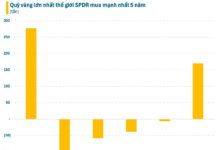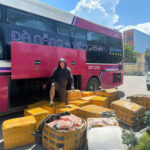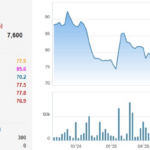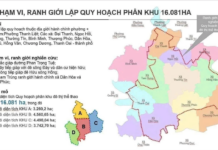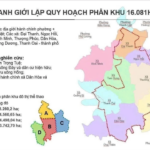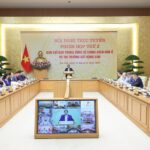Discover this strategy, as real estate products “tailor-made” for expert demands and international capital are now in the investors’ crosshairs.
From Penang to Johor: The Ever-Growing Demand for Apartments in International FTZs
Bayan Lepas, dubbed the “Silicon Valley of the East,” is one of the most successful models in Southeast Asia. Established in the 1970s in Penang, Malaysia, this high-tech industrial zone is home to over 300 global technology corporations, including Intel, AMD, Bosch, and Hitachi. With a high-quality workforce and a per capita income of ~USD 15,900, it has created a substantial demand for high-quality rental accommodations close to the workplace. According to local brokers, apartment rental values here maintain an average profitability of 5-6% per year, with stable occupancy rates due to the long-term presence of foreign experts.
In southern Malaysia, Forest City, a large-scale coastal urban area in Johor, is envisioned as a tax-free Special Financial Zone (SFZ) with a host of incentives on personal income tax, corporate tax, and residency regulations for foreign investors. Despite its infancy, Forest City has swiftly attracted interest from the international business community due to its modern infrastructure advantage and a development strategy focused on global residents. The apartment products here are typically designed to be versatile, serving both actual living needs and short or long-term accommodations for international experts. This direction is also beginning to take shape in emerging FTZs like Da Nang.
Mia Center Point: Leading the Trend of Apartments in Da Nang’s Free Trade Zone
In Da Nang, Mia Center Point is one of the pioneering projects that is ahead of the curve in terms of FTZ development, not only due to its strategic location in the heart of Lien Chieu ward but also because of its unique product approach. Notably, the “dual-key” apartment concept is becoming a preferred choice among international investors.

3D rendering of a dual-key apartment (Image: Mia Center Point)
The dual-key apartments at Mia Center Point are designed to be divided into two separate living spaces, each with an independent entrance. This allows owners to utilize one part for themselves while renting out the other. With the FTZ expected to attract thousands of experts, engineers, and senior managers to live and work, the dual-key model offers high flexibility and maximizes the asset’s potential.
In addition to optimizing cash flow, dual-key apartments also solve the fragmented accommodation needs in a multicultural environment, as experts can rent in groups, by company, or on a flexible short-term basis. This is a distinct advantage over conventional apartments.
Long-Term Potential and Lessons from Global FTZs
Looking at the successful models of Bayan Lepas and Forest City, it’s evident that the formation of an FTZ triggers a chain reaction of development, not just in infrastructure and commerce but also in the demand for accommodations, living, and working within the zone. Well-planned apartment complexes, located near transportation hubs, integrated with urban amenities, and offering flexible usage models, are always the top choice for mid to long-term investors.
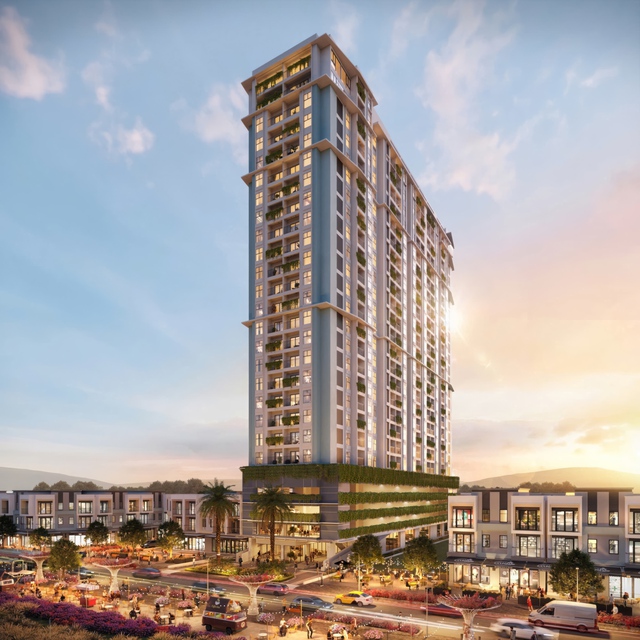
Mia Center Point project’s exterior rendering (Image: Mia Center Point)
With Da Nang’s FTZ officially approved and underway, Mia Center Point, along with its dual-key apartment concept, is poised to become the go-to choice for leading the new trend. The project has already reached the 23rd floor of its planned 25 stories, with a topping-out ceremony expected in September 2025 and handover in Q2 2026. Investors are not only eyeing attractive short-term rental yields but also acquiring a strategically located asset in what will become Vietnam’s first international trade hub.
Unveiling a Stinky Surprise: 19 Cartons of Chicken Feet Uncovered in Sleeper Bus
The Hue City Traffic Police, while on duty, inspected a Lao-registered passenger bus and discovered approximately one ton of unidentified chicken feet cartilage stored in 19 styrofoam boxes. The goods, which were being transported from the Lao border for consumption in Da Nang, emitted a foul odor.
“Chinese Firms Eye Vietnam’s Infrastructure Projects: Can Deo Ca’s Unique Stipulation Be Met?”
“In recent times, numerous Chinese businesses have approached the Deo Ca Group in Vietnam, seeking collaboration. However, a significant majority of these proposals fell short of emphasizing the crucial aspects of human resource development and technology transfer.”



